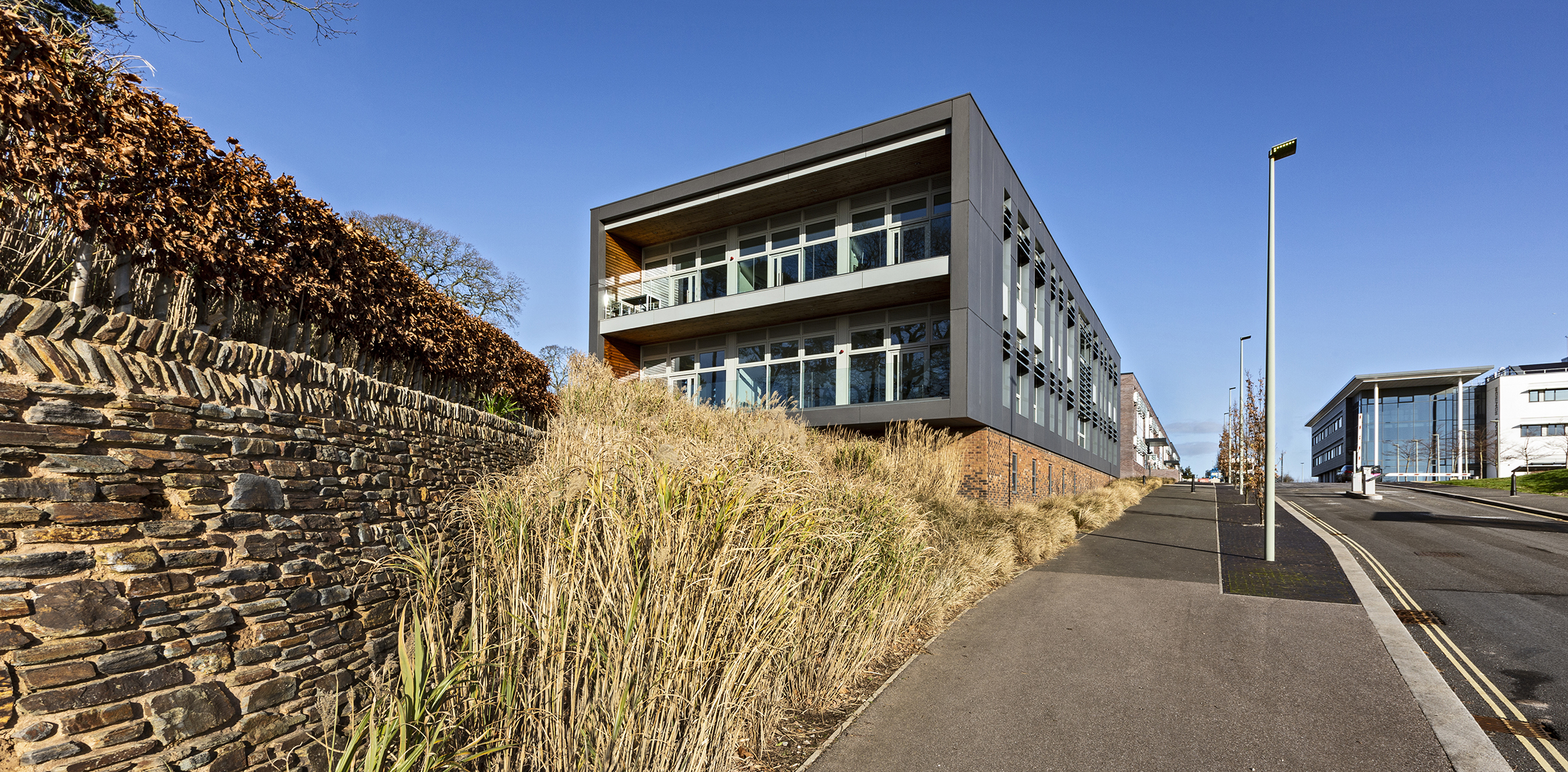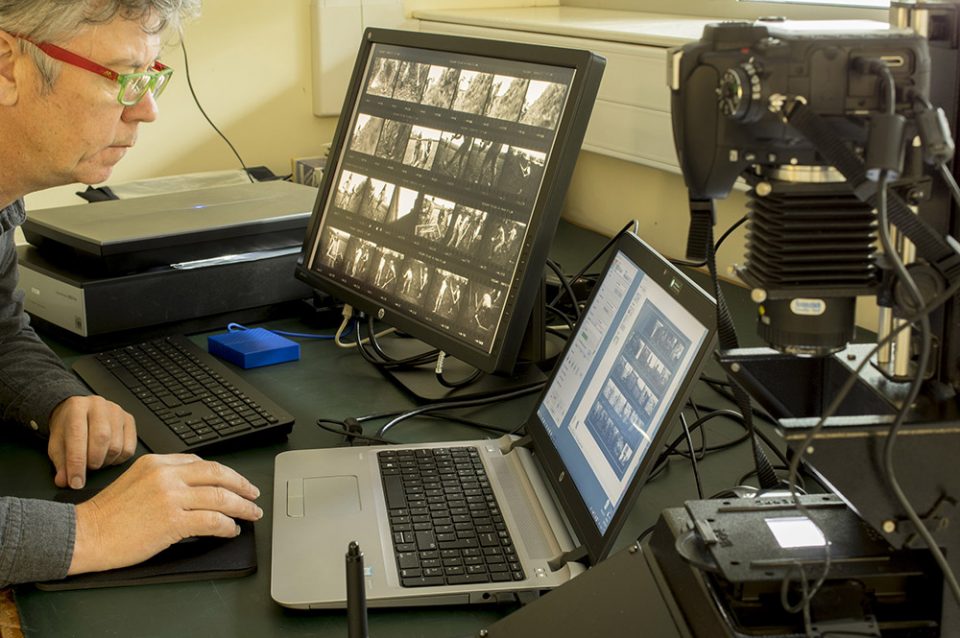


#Focalpoint exeter how to
My research interests are centred around learning how to teach with a particular focus on physical education student teachers' subject knowledge and the role that collaborative and interdisciplinary learning plays in developing student teachers' subject knowledge.
#Focalpoint exeter professional
Centre for Research in Professional Learning.Edward's CE Comprehensive School, Essex (UK)ġ990 - 1992: Teacher of Physical Education, Aorere College, Auckland (NZ)ġ984 - 1986 Teacher of Physical Education, Church College of New Zealand (NZ) Links MPhEd Exercise Physiology, University of Otago (NZ)īSc Physical Education with Secondary Teachers' Certificate, Brigham Young University (USA)Ģ001 - Present: Senior Lecturer in Education, University of Exeter (UK)Ģ000 - 2001: Senior Lecturer in Physical Education, Canterbury Christ Church University (UK)ġ997 - 2000: Lecturer in Physical Education and Sport Sciences, University of Greenwich (UK)ġ992 - 1997: Teacher of Physical Education, St. I have served on numerous national boards/committees, such as the Association for Physical Education, and undertaken multiple appointments as External Examiner, Assessor and Review Panel member for undergraduate and postgraduate taught courses in education, PE and sport sciences in the UK. I have been involved in a number of research and evaluative projects working with schools and universities in the teaching and learning of primary and secondary PE. I have contributed book chapters, published peer-reviewed articles/papers and presented papers at national and international conferences on teaching and learning in PE.

My research interests are centred around learning how to teach with a particular focus on PE student teachers' subject knowledge and the role that collaborative and interdisciplinary learning plays in developing student teachers' subject knowledge. I was also a finalist for the esteemed UK New Zealander of the Year Award, in 2013, for outstanding contribution to New Zealand and New Zealanders within the UK. I received the prestigious National Teaching Fellowship Award, in 2011, for excellence in teaching and learning in higher education in the UK, and selected as an official London 2012 Olympic Torchbearer in recognition of my work as an inspirational teacher and leader to young people and students in PE in secondary schools and universities in the UK. I have taught PE in secondary schools both in New Zealand and England and lectured on undergraduate and postgraduate education, PE and sport sciences degree courses for well over two decades. Mealtimes Older adults Residential care Semi-structured interviews.I am a Senior Lecturer in Education, Director of Physical Education (PE) and Subject Leader for Secondary PGCE PE Course in the Graduate School of Education. It may also help to ease the transition from independent-living to life in care, which can be particularly stressful for some residents, and improve health and wellbeing over the long-term. Understanding how residents interact with one another, accommodating their preferences and encouraging autonomy may enhance their mealtime experiences. Mealtimes are a mainstay of life in a care home through which residents' experiences are characterised, exemplified and magnified. Three themes pertaining to residents' experiences were identified: (1) Emotional and psychological connections with other residents (2) managing competing interests with limited resources and (3) familiarity and routine. The dining experience was a focal point for participants' broader experiences of residing in a care home. Interviews were supplemented by researcher observations of mealtimes. Thematic analysis was used to derive content and meaning from transcribed interviews. Semi-structured interviews were conducted with eleven residents from four care homes in the South West UK. The aim of this study was to gain an insight into these experiences and explore some of the issues that may impact on residents' enjoyment of meals, and resulting health and wellbeing. Despite some positive findings, little is known about how and why mealtime interventions might be effective, and in particular, what effects residents' experiences of mealtimes have on health outcomes. Many interventions aim to alleviate well-documented problems of malnutrition in residential care homes and improve residents' health and wellbeing.


 0 kommentar(er)
0 kommentar(er)
